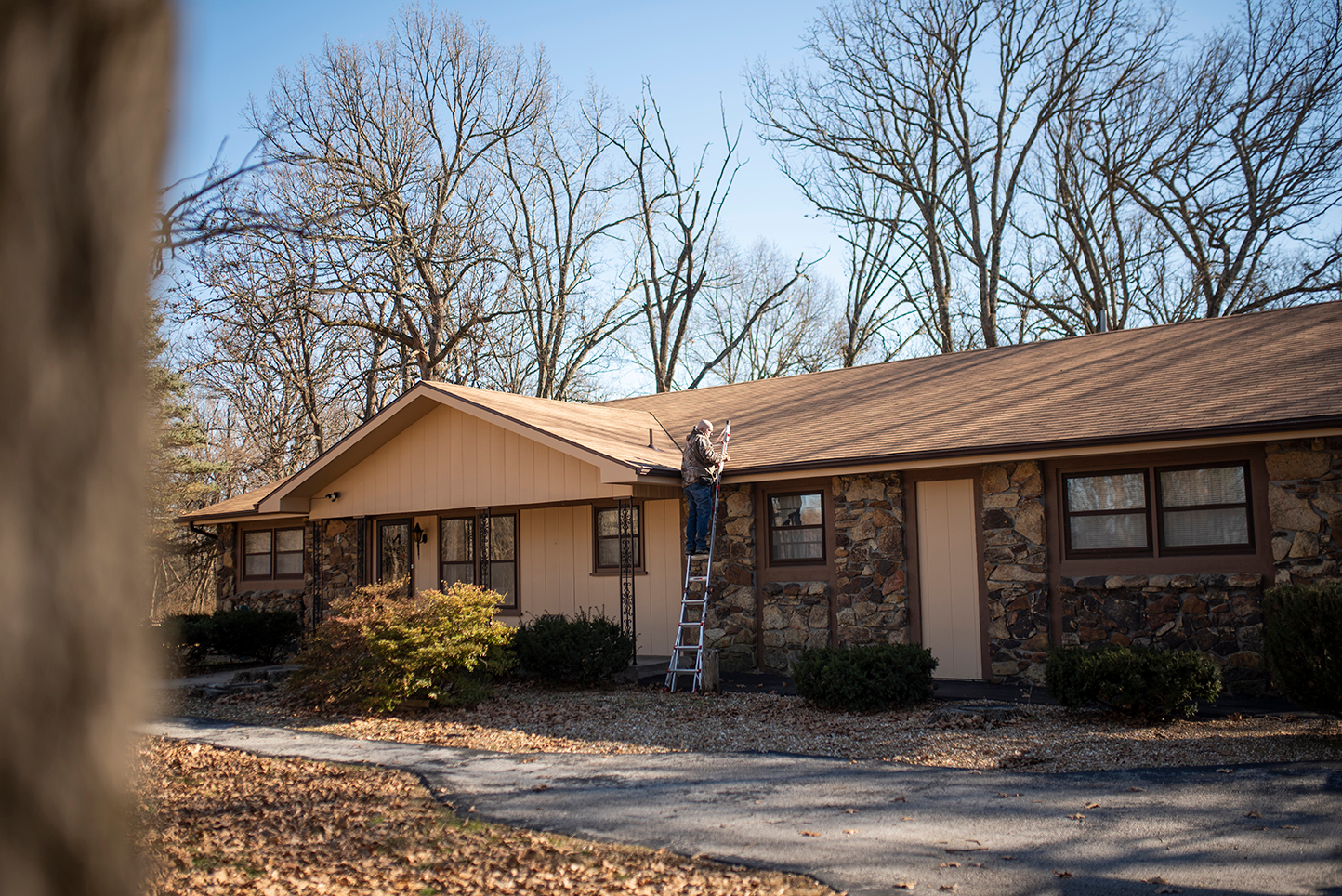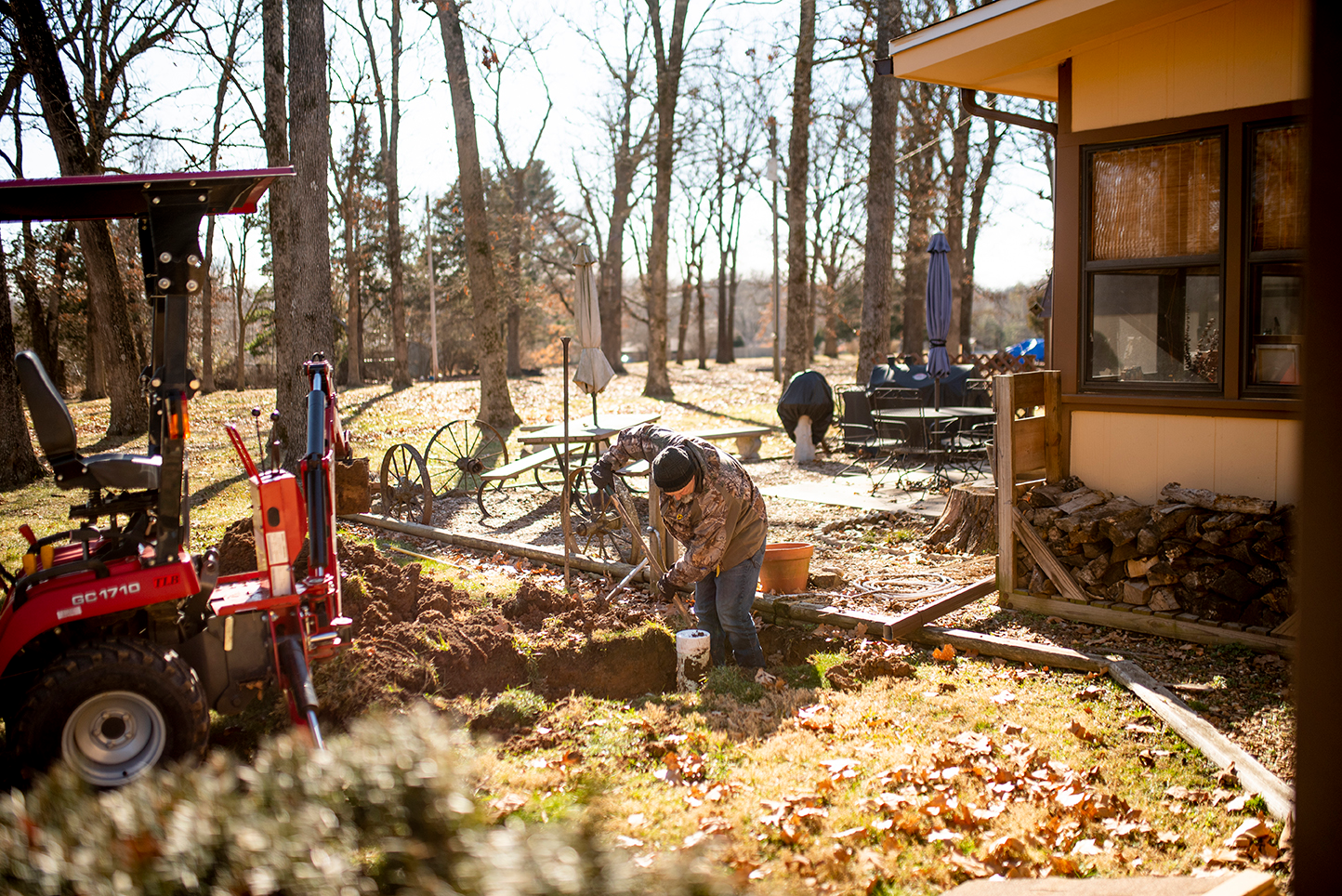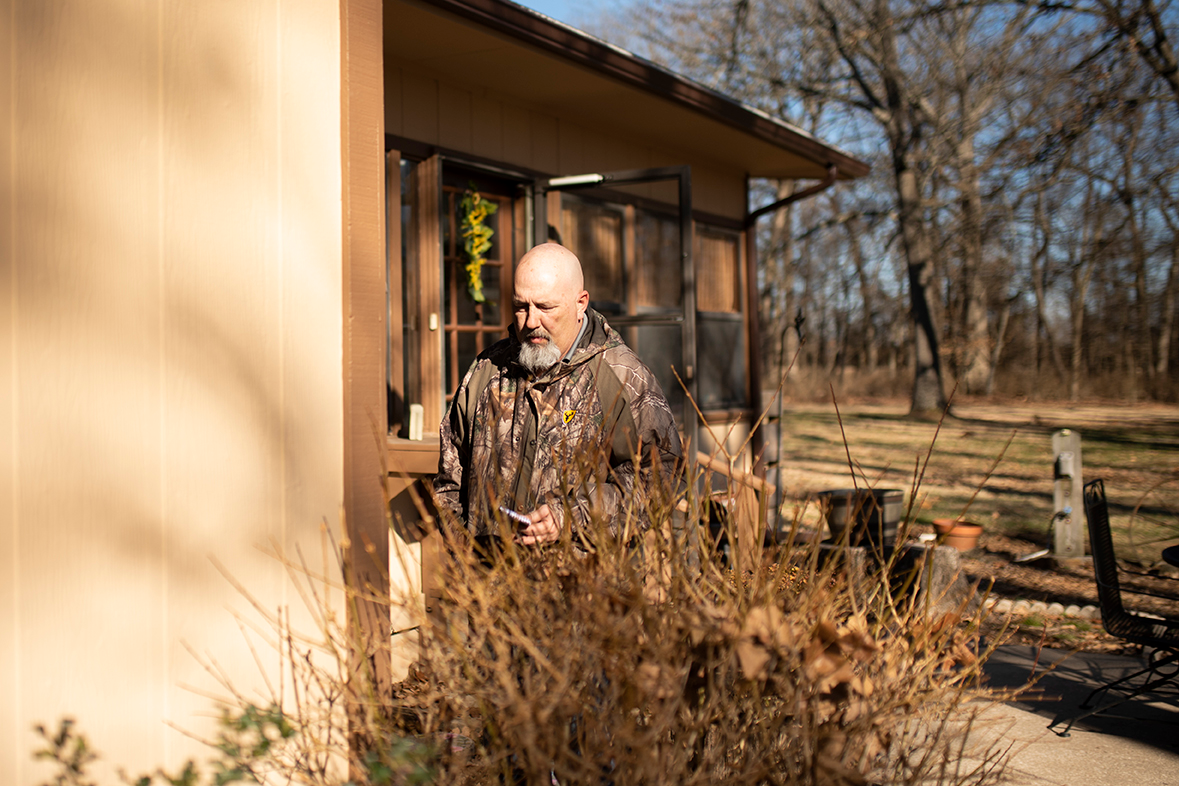


What is a home inspection?
A home inspection is an objective visual examination of the physical structure and systems of a house, from the roof to the foundation at the time of inspection. It’s a snap shot in time!
Why do I need a home inspection?
The purchase of a home is probably the largest single investment you will ever make. You should learn as much as you can about the condition of the property and the need for any major repairs before you buy, so that you can minimize unpleasant surprises and difficulties afterwards.
Of course, a home inspection also points out the positive aspects of a home, as well as the maintenance that will be necessary to keep it in good shape. After the inspection you will have a much clearer understanding of the property you are about to purchase.
If you are already a homeowner, a home inspection may be used to identify problems in the making and to learn preventive measures that might avoid costly future repairs. If you are planning to sell your home, you may wish to have an inspection prior to placing your home on the market. This will give you a better understanding of conditions which may be discovered by the buyer’s inspector and an opportunity to make repairs that will put the house in better selling condition.
What does a home inspection include?
Inspectors typically do not provide warranties or guarantees with their inspections and reports. Buyers should therefore not rely on the inspection as any form of insurance policy against any latent, hidden, concealed or future defects and deficiencies.
The standard home inspector’s report will review the condition of the home’s heating system, central air conditioning system (temperature permitting), interior plumbing and electrical systems; the roof, attic and visible insulation; walls, ceilings, floors, windows and doors; the foundation, basement and visible structure.
The following are also some key items that buyers should remember and consider when reviewing their inspection reports:
- Inspections are not code-compliance evaluations.
- Inspection reports are not structural engineering reports.
- Reports are confidential and are meant exclusively for our client.
- Buyers should consult with and ask questions of owners and their representatives.
- Systems and components that are off during the inspection are not tested or reactivated.
- Further evaluation by specialists is recommended for any areas showing defects/deficiencies.
- A final walk-through inspection should be carried out the day before passing by the new owners to double-check the condition of the building.
- Roof inspections and their components are typically done by an inspector walking on the roof. However, steeply sloped roofs or roofs covered with a material that can be damaged will be inspected from the eave or by binoculars.
- Inspectors typically will not find each and every defect in a building; hence buyers should anticipate future typical defects and deficiencies. Inspectors typically do not provide warranties or guarantees with their inspections and reports. Buyers should therefore not rely on the inspection as any form of insurance policy.
What will it cost?
The inspection fee for a typical one-family house varies geographically, as does the cost of housing. Similarly, within a given area, the inspection fee may vary depending upon the size of the house, particular features of the house, its age and possible additional services, such as septic, well, or radon testing.
However, do not let cost be a factor in deciding whether or not to have a home inspection or in the selection of your home inspector. The knowledge gained from an inspection is well worth the cost and the lowest-priced inspector is not necessarily a bargain. The inspector’s qualifications, including his experience, training, and professional affiliations, should be the most important consideration.
Why can’t I do it myself?
Even the most experienced homeowner lacks the knowledge and expertise of a professional home inspector. An inspector is familiar with the elements of home construction, proper installation, maintenance and home safety. He or she knows how the home’s systems and components are intended to function together, as well as why they fail.
Above all, most buyers find it difficult to remain completely objective and unemotional about the house they really want and this may have an effect on their judgment. For accurate information, it is best to obtain an impartial, third-party opinion by a professional in the field of home inspection.
Can a home inspection save me money?
Yes! 9 times out of 10 you can end up saving more money than it costs you to do an inspection. How? A home inspection starts around $350 (additional ancillary services will add to your total). We will most likely find a small list of minor issues that needs to be corrected. Generally, the cost of those repairs is almost always greater than the cost of the inspection. Just remember, price is not a true reflection of value!
I’m buying a brand-new home. Do I really need a home inspection?
Yes, you do. Even in brand-new homes, there is almost always something missed. This could be missing insulation, electrical issues, plumbing issues, etc.
I’m about to sell my home. Should I get it inspected before putting it on the market?
We feel that a pre-listing inspection is worth its weight in gold, literally! The issues that we will find before your buyer does could prevent your buyer from backing out of the deal. Unknown issues in a home (other than financing) are the number one reason for a busted deal. Don’t let that happen to you. Have your home listed as a “Certified Pre-Owned Home.”
How can I be sure that you are thorough?
Freedom Home Inspections has the most extensive checklist in the industry. Bar none! Using our exclusive inspection, our inspectors will check every accessible inch of your new home. We start at the roof and end at the foundation. Roof, exterior, electrical, plumbing, HVAC, interior, appliances and more!
NOTE: Some specialized equipment such as alarm systems are excluded due to the wide variety of the systems out there.
